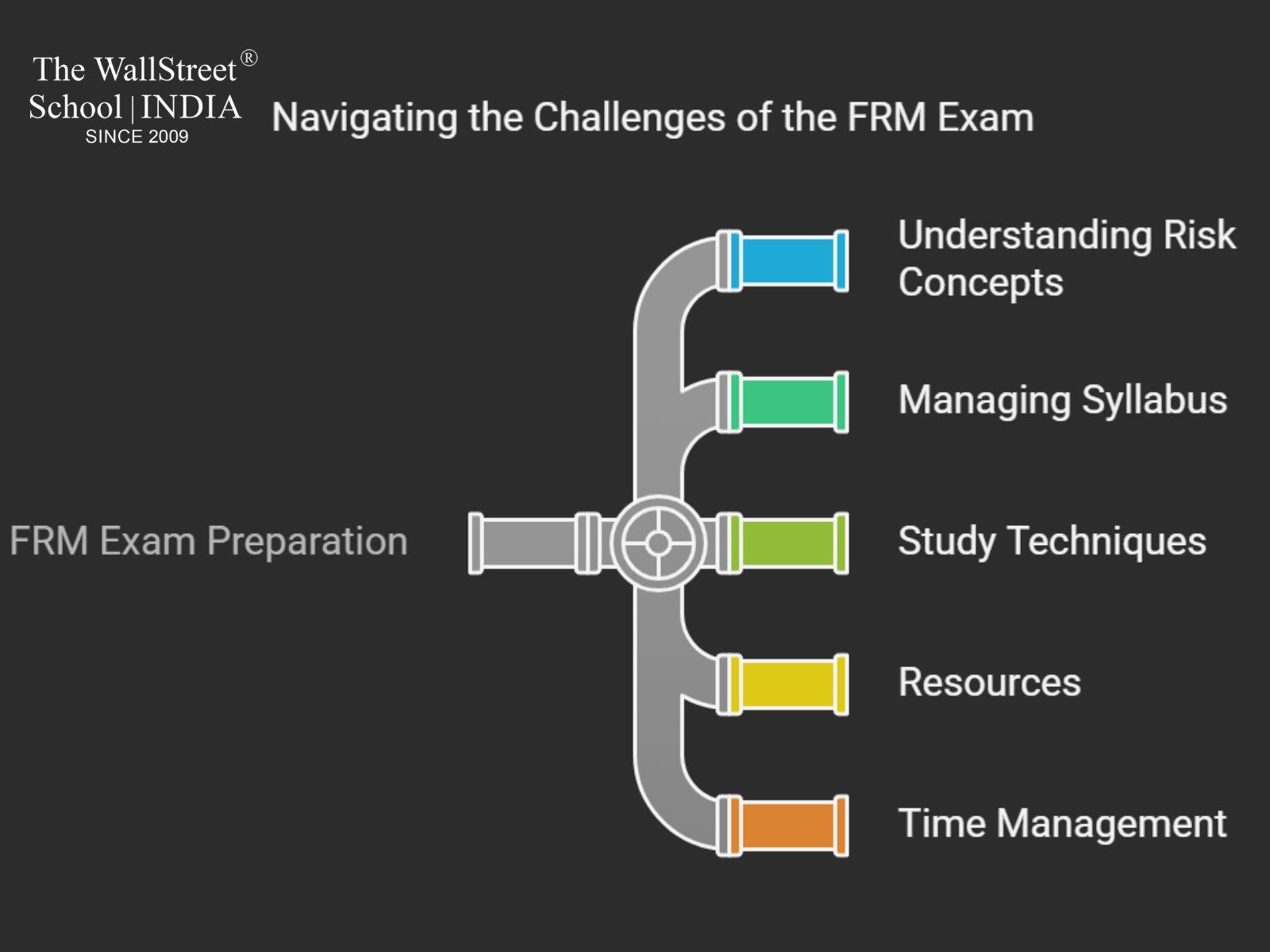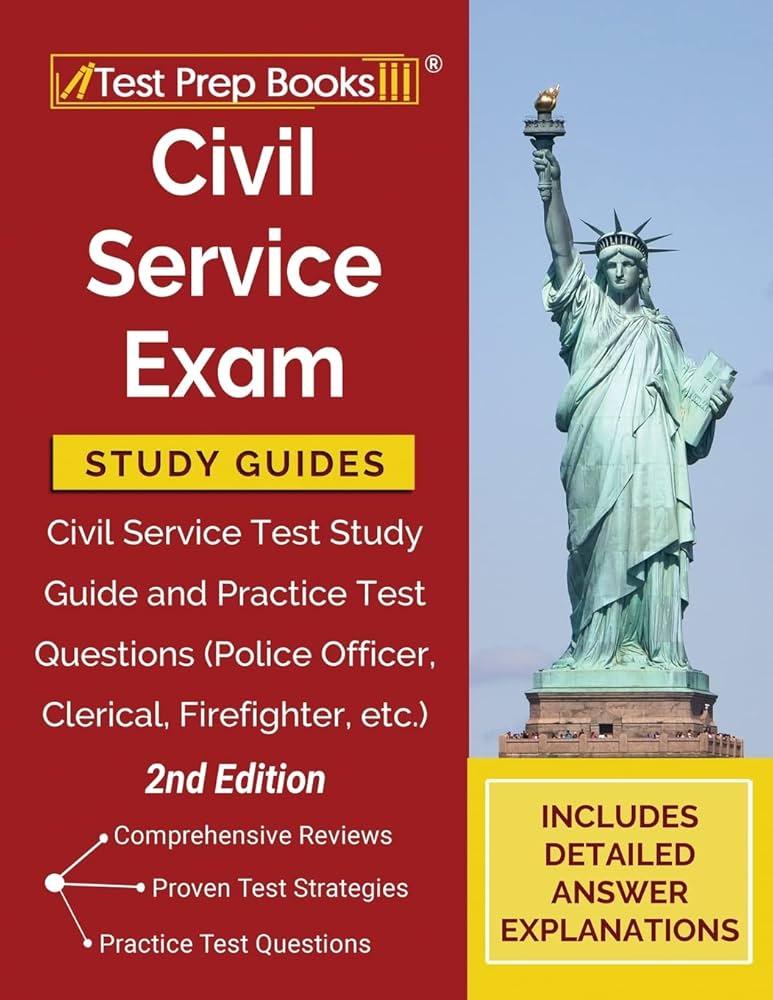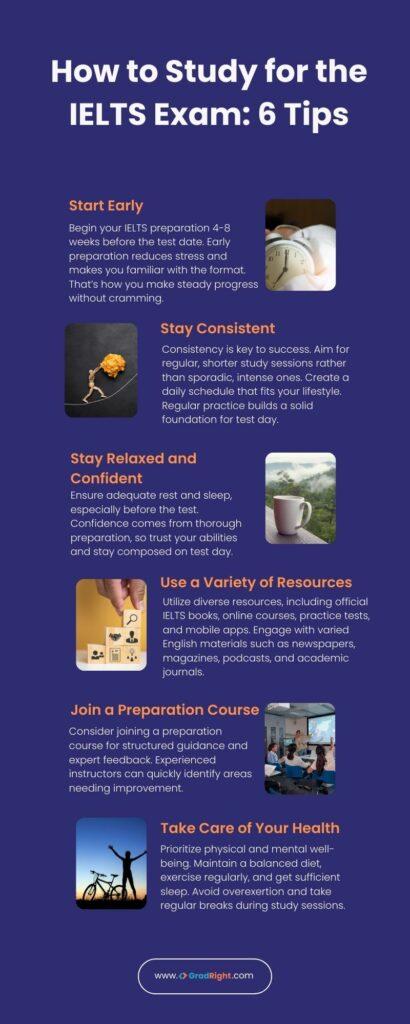In recent years, a curious shift has taken hold in China’s competitive job landscape: an increasing number of seasoned financial professionals are turning their sights toward government exams, often at the expense of fresh graduates. this phenomenon,colloquially dubbed “elite financiers flocking to civil service exams,” appears to wield a subtle yet impactful force—employing a form of “dimensionality reduction” against the customary tide of recent graduates eager to enter the public sector. As the boundaries between industry elites and civil servants blur, the evolving dynamics reveal a broader narrative about possibility, security, and the changing face of career aspirations in a rapidly transforming economy.
The Rising Trend of Finance Professionals Transitioning to Public Sector Careers
In recent years, a noticeable shift has emerged within the career trajectories of finance professionals. Instead of exclusively pursuing high-stakes positions in investment banks or financial firms, manny are now seeking new opportunities in the public sector. This trend is driven by a desire for stability, social impact, and work-life balance, which are frequently enough less attainable in the fiercely competitive private financial markets. As a result, institutions like government agencies, regulatory bodies, and public financial offices are becoming increasingly attractive destinations for professionals looking to leverage their expertise in broader societal service.
Consequently,a new wave of “civil service seekers” is reshaping the landscape,often with a strategic approach that includes certification exams,internships,and targeted skill development. This transition reflects a “dimensional reduction”—where the intense profit-driven environment of finance is replaced with the pursuit of career longevity and meaningful contribution. The phenomenon also sparks a competitive dynamic: fresh graduates face stiffer competition from seasoned finance veterans aiming to redefine their career paths. Here’s a quick look at how the trend manifests in the current market:
| Career Shift | Key motivations | Emerging Opportunities |
|---|---|---|
| Private Finance → Public Sector | Stability, social impact, long-term career | Government financial departments, policy advisory roles, regulatory agencies |
| Investment Banking → Civil Service | Seeking job security and public service | Public finance management, economic research, fiscal policy |

Understanding the Strategic Shift and Its Impact on Fresh Graduates
Recent shifts in the job market reveal a engaging landscape where traditional entry-level roles are increasingly dominated by seasoned finance professionals aiming for government positions. This strategic pivot is a response to secure stability and prestige, making the civil service arena an attractive sanctuary amid economic uncertainties. For fresh graduates, this change acts as a formidable barrier—what was once an accessible stepping stone now features heightened competition from individuals with extensive experience and specialized skills. The implication? A narrowing window of opportunity and a need for innovative approaches to stand out in an overcrowded field.
Furthermore, the game has subtly shifted towards “dimensionality reduction”, where the landscape favors those who possess not just academic excellence but also diversified portfolios and strategic networking capabilities. This ”lower-dimensional attack” strategy levels the playing field, often sidelining well-qualified graduates who haven’t yet accumulated a robust mix of practical skills or connections. Key factors influencing this trend include:
- Rise of competitive exams among finance elites
- Enhanced emphasis on multi-disciplinary expertise
- Government’s preference for candidates with versatile backgrounds
| Traditional Path | New Competitive Landscape |
|---|---|
| Gradual entry through internships | Intense civil service exams by finance elites |
| Academic focus | Diversified skillsets & networking |
| Less competition from seasoned professionals | Higher barrier with experienced contenders |

Targeted Preparation Strategies for Aspiring Civil Servants in a Competitive Landscape
In a landscape where finance elites are flocking to civil service exams, aspiring candidates must adopt strategic, targeted approaches to stand out. instead of relying solely on broad-spectrum preparation, focus on identifying niche areas within government sectors—such as policy analysis, economic planning, or cybersecurity—that align with your strengths. Developing specialized knowledge not only sharpens your competitive edge but also positions you as a standout candidate in interviews and assessments. Additionally, leveraging real-world case studies and current affairs can deepen your understanding, making your responses more impactful and demonstrating a nuanced grasp of relevant issues.
To effectively combat the influx of high-caliber competitors, candidates should also design personalized study plans that prioritize high-yield topics and skills most valued by examiners. Consider incorporating tools like mock exams, peer discussions, and expert feedback into your routine, ensuring continuous refinement of your strategy. Here’s a quick overview of priority focus areas:
| Focus Area | Key Tactics | Expected Outcome |
|---|---|---|
| Policy Depth | Deep dive into current policies, analyse implications | Enhanced essay and interview performance |
| Analytical Skills | Practice problem-solving and data interpretation | Higher accuracy in quantitative sections |
| Interaction | Engage in mock debates and writing drills | clear, compelling articulation of ideas |

Navigating the Job Market Dynamics and Enhancing Sustainable Career Growth
In the current landscape, the influx of financial elites vying for government positions has shifted the traditional dynamics of career progression. Many talented individuals from highly competitive backgrounds are channeling their ambitions into civil service exams, creating a new layer of competition that challenges recent graduates. To stay ahead, emerging professionals must adapt their strategies, focusing not just on skills, but also on differentiation and adaptability within an evolving job market. This means continuously expanding their expertise, cultivating a versatile skill set, and understanding the nuances of government hiring trends.
Simultaneously, the emphasis on sustainable career growth encourages a shift away from fleeting opportunities toward long-term stability. Before diving into new roles,consider these key factors for navigating this complex ecosystem:
- Align with future industry trends
- Develop financial and soft skills simultaneously
- Leverage networking to access hidden opportunities
| Focus Area | Key Actions |
|---|---|
| Market Monitoring | Stay updated on policy shifts & sector demands |
| Skill Diversification | Broaden expertise to increase versatility |
| Networking | Build genuine relationships for opportunities |
To Conclude
As the tide of financial elites swarms into civil service exams,the landscape for fresh graduates shifts beneath their feet.This phenomenon reflects a nuanced dance between ambition and opportunity, where conventional paths are being reshaped by strategic moves and evolving priorities. Navigating this terrain requires resilience and foresight, reminding us that in the world of career pursuits, adaptation is frequently enough the key to thriving amid change.